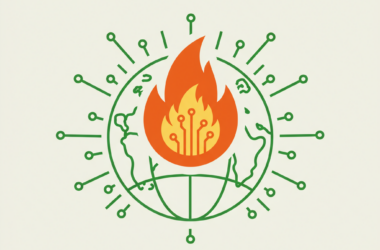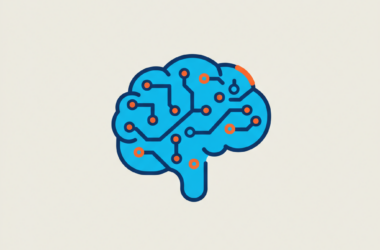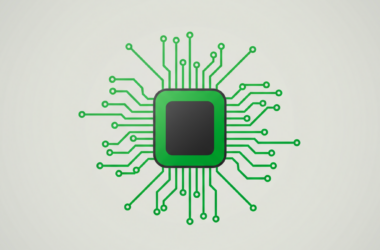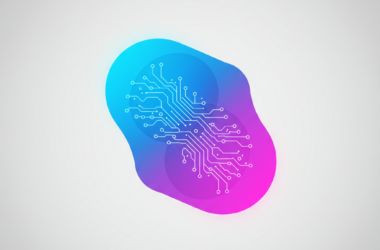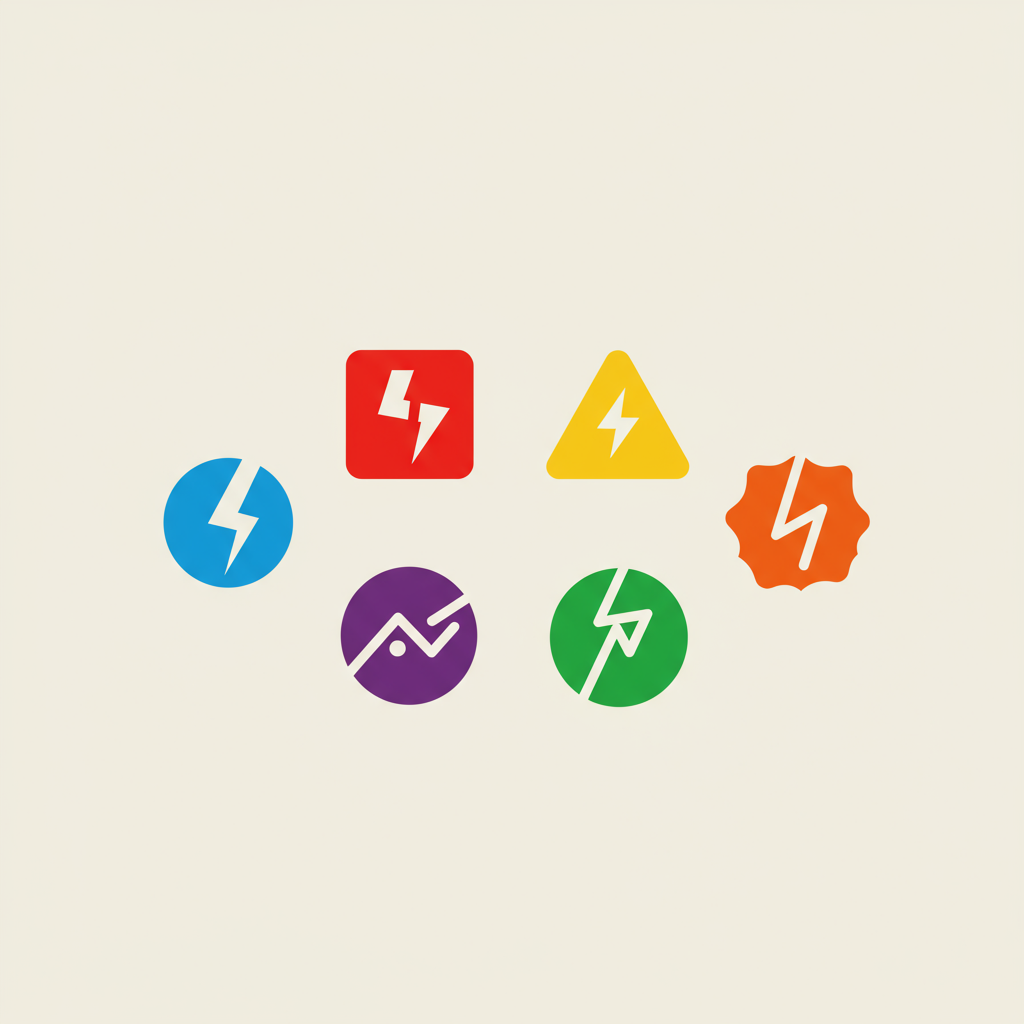
A recent high-profile event in Las Vegas showcased Google Cloud’s evolving vision of artificial intelligence and its real-world impact on enterprises and developers alike. The gathering featured insights from leading executives, including communications from Alphabet and Google Cloud CEOs, and illustrated how innovative AI-powered tools and infrastructure are reshaping industries while enabling customers to explore new technological possibilities.
During the session, more than 500 customers demonstrated how they are integrating advanced AI into critical processes—from customer support and data analytics to coding and security—with the aim of enhancing productivity and streamlining workflows. One notable highlight was a demonstration of how classic storytelling and cinematic experiences, such as those seen in a modernized version of The Wizard of Oz, can be reimagined for today’s audience using cutting-edge technology.
The announcements from the event can be summarized as follows:
- Enhanced AI Infrastructure: Google Cloud detailed a significant upgrade to its AI Hypercomputer architecture. This update promises improved performance, efficiency, and cost-effectiveness, highlighted by innovations such as Gemini 2.0 Flash and the introduction of the seventh generation custom silicon chip known as Ironwood TPUs. For organizations with on-premises requirements, the new capabilities now extend via the Google Distributed Cloud through established partners.
- Vertex AI Advancements: The revamped Vertex AI now supports an extended array of generative models, including those for video, image, speech, and music creation. Enhanced features in tools like Veo 2, Chirp 3, and Imagen 3 provide advanced editing, improved audio transcription, and superior image editing options—empowering enterprises to accelerate creative workflows while ensuring safeguards such as watermarking and copyright protections.
- Specialized AI Agents: Companies are increasingly harnessing customized AI agents to drive value in various domains. From customer service channels at retail giants to data processing and internal code optimization at technology firms, these agents are demonstrating noteworthy returns on investment. Additional updates to platforms like Google Agentspace now include integrations and no-code assembly tools aimed at democratizing AI access across organizations.
- Inter-Agent Communication Protocol: In a move to bolster interoperability among AI systems, Google introduced the Agent2Agent Protocol. Developed in collaboration with over 50 industry partners, this open standard enables diverse AI agents to securely exchange information and coordinate actions across multiple enterprise environments. This initiative is complemented by a new Agent Development Kit and Agent Garden, which offer developers sample models and connectors to streamline agent creation.
- Cloud WAN for Enhanced Connectivity: The event also featured the launch of Cloud WAN, a solution that makes Google’s high-speed, low-latency private network accessible to businesses and governments worldwide, thereby simplifying seamless connectivity across an expansive global infrastructure.
- Unified Security Powered by AI: Google Cloud introduced a converged security suite that integrates threat intelligence with cloud and enterprise browsing defenses under the umbrella of Gemini AI. This unified security platform features AI-driven agents designed for dynamic alert triage and comprehensive malware analysis, aiming to bolster the defensive posture of organizations by providing deeper contextual insights and faster incident responses. More details on this initiative are available on the Google Unified Security announcement.
For those looking to explore further details and in-depth discussions about these developments, insights from Google Cloud CEO Thomas Kurian offer additional context on how these technological advancements will empower organizations and drive new levels of innovation. You can learn more about these breakthroughs and their potential impacts on businesses by visiting the Google Cloud page.


